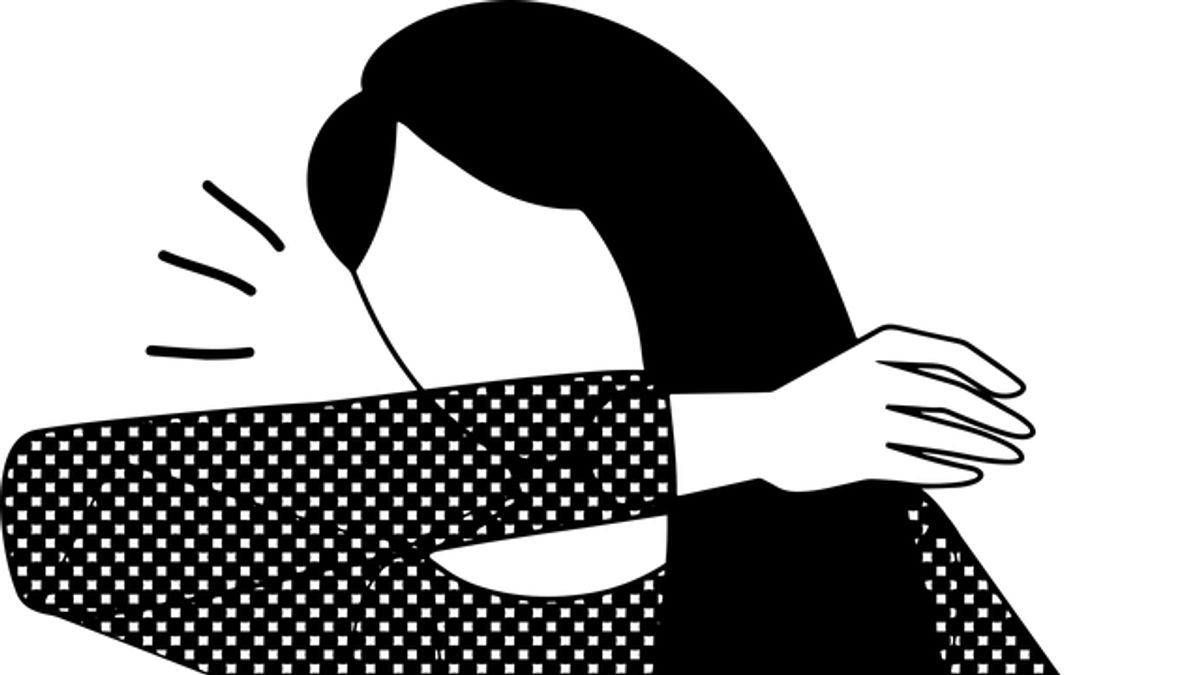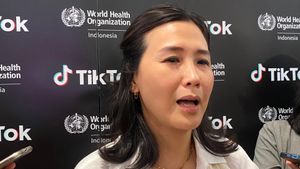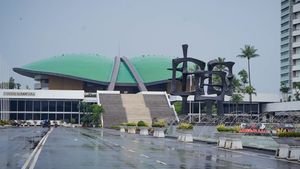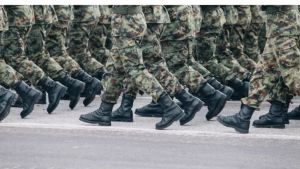JAKARTA - Ordinary people often call Pneumonia with wet lungs. This disease attacks the lungs which indicates there is a buildup of fluid. This disease can be threatening because the symptoms are not widely recognized.
Pneumonia is caused by swelling of the lung tissue, pneumonia can also develop suddenly and unexpectedly. Symptoms that appear are usually stones and shortness of breath. However, there are also atypical symptoms that appear in elderly pneumonia patients.
A geriatric consultant internist specialist from Hasan Sadikin Hospital, Lazuardhi Dwipa, said there were a number of symptoms of pneumonia that were not typical of adults, namely weakness and a drastic decrease in appetite.
While in adults, general symptoms such as fever, chills, shortness of breath, colored phlegm. "In the early stages of the elderly, there are no typical symptoms as in adults. First, the body is weak so it tends to be quiet, appetite decreases drastically," he said in a health webinar, as quoted from Antara, Sunday, June 6.

If this condition is left untreated, it can lead to other symptoms such as fever, cough, shortness of breath, impaired consciousness characterized by slurred and disjointed speech.
On that occasion, a specialist in internal medicine consultant immunology allergy from RSCM, Suzy Maria said, pneumonia in the elderly has the potential to be fatal, causing them to be treated in the ICU until death and decreased functional status after illness.
The mortality rate in the elderly affected by this disease according to data from the RSCM is around 15-25 percent.
To establish a diagnosis of pneumonia, patients can undergo blood, sputum, and chest X-ray examinations.
The treatment is also adjusted to the cause of the disease, if there are bacteria, antibiotics are given, antiviral if it is due to a virus, or antifungal if it is caused by fungus. In addition, the doctor will also prescribe medication to reduce symptoms.
Pneumonia is an inflammatory or infectious disease of the lungs. This disease can be experienced by anyone but is vulnerable to children, the elderly, people with chronic diseases, smokers, people with immune system disorders, mobility disorders such as having had a stroke and after being exposed to upper respiratory tract infections (ARI).
"Germs enter from the upper respiratory tract and mouth into the respiratory tract. The body's defense system should be able to prevent it from getting sick. But there is a condition where the body's defenses go down or germs are strong, then enter the lungs and cause new inflammation," said Suzy.
Pneumonia can be caused by viruses, bacteria, and fungi. However, viruses are the most common cause. As for bacteria, Streptococcus pneumoniae is a common cause of pneumonia.
To prevent someone including the elderly from getting this disease, there are a number of things that can be done, including: not smoking (because it damages the mucous membranes of the respiratory tract), diligently washing hands so that the cause of the disease does not enter the lungs, treating chronic diseases, maintaining dental and oral hygiene because germs enter from the mouth of one of them and adopt a healthy lifestyle.
On the other hand, vaccination can also be a preventive measure, although it does not guarantee 100 percent of pneumonia.
The English, Chinese, Japanese, Arabic, and French versions are automatically generated by the AI. So there may still be inaccuracies in translating, please always see Indonesian as our main language. (system supported by DigitalSiber.id)













